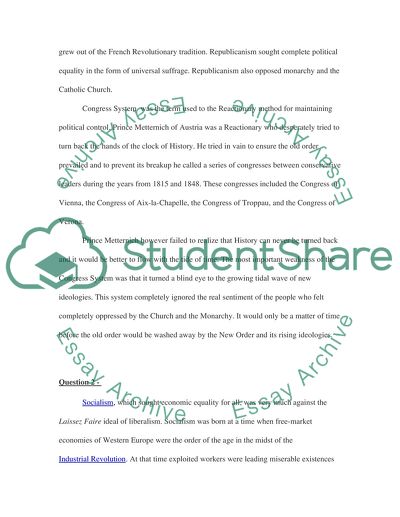Cite this document
(“Utopianism Essay Example | Topics and Well Written Essays - 1250 words”, n.d.)
Utopianism Essay Example | Topics and Well Written Essays - 1250 words. Retrieved from https://studentshare.org/politics/1540413-utopianism
Utopianism Essay Example | Topics and Well Written Essays - 1250 words. Retrieved from https://studentshare.org/politics/1540413-utopianism
(Utopianism Essay Example | Topics and Well Written Essays - 1250 Words)
Utopianism Essay Example | Topics and Well Written Essays - 1250 Words. https://studentshare.org/politics/1540413-utopianism.
Utopianism Essay Example | Topics and Well Written Essays - 1250 Words. https://studentshare.org/politics/1540413-utopianism.
“Utopianism Essay Example | Topics and Well Written Essays - 1250 Words”, n.d. https://studentshare.org/politics/1540413-utopianism.


